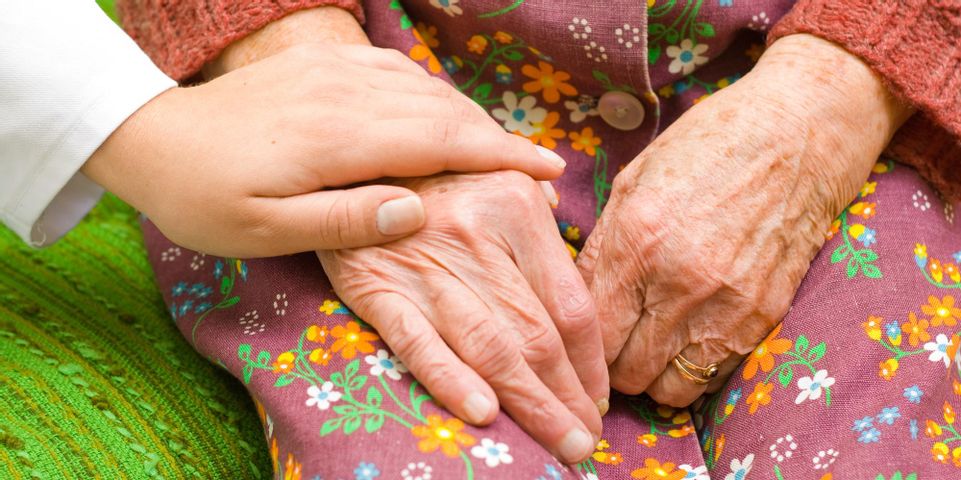
If an aging relative you love resides in a long-term care facility, it’s important to know that nursing home abuse doesn’t always have to involve physical harm or neglect. In some cases, residents may be subject to psychological abuse—such as yelling, threatening, or humiliation—that is easier to conceal. Since this type of mistreatment can be difficult to detect, here are five warning signs that a loved one is facing emotional abuse in their nursing home.
5 Signs a Nursing Home Resident Is Being Emotionally Abused
1. Isolation
When seniors are emotionally abused, they often develop depression and withdraw from activities they may have once enjoyed, such as social gatherings or card games. Reluctant to open up, many will become less talkative or less willing to share details about their day. Others may stop voicing opinions or preferences about their care.
2. Uneasiness
Ongoing emotional abuse can cause a senior to become accustomed to mistreatment, and eventually, come to expect it. As a result, they may tend to act nervous or alert when you’re visiting them. They may also be particularly wary of staff members, especially those that are committing the abuse.
3. Communication Troubles
 In response to the fear spurred by their abusers, victims may not communicate in the ways that you’re used to. For example, a person may not make eye contact when speaking with you or speak at a lower volume than necessary. Any changes in the way your loved one communicates could point to emotional abuse.
In response to the fear spurred by their abusers, victims may not communicate in the ways that you’re used to. For example, a person may not make eye contact when speaking with you or speak at a lower volume than necessary. Any changes in the way your loved one communicates could point to emotional abuse.
4. Constant Apologizing
Many victims of nursing home abuse will become quick to apologize. They might even apologize for actions that don’t warrant an apology. This behavior stems from the fear that doing something wrong may result in harm from their abuser.
5. Poor Self-Care
Seniors exposed to emotional abuse will sometimes develop negative self-images and lose interest in maintaining a good quality of life. While the nursing home may still take care of some personal hygiene needs—such as bathing—residents may refuse to move, take medication, or eat. Others may intentionally harm themselves or develop sleeping problems.
If someone you love is a victim of nursing home abuse—including psychological and emotional harm—turn to Reed Law Offices in Omaha, NE. Led by attorney Shayla Reed, this firm has a strong commitment to fighting elder abuse and seeking justice on behalf of victims. Well-versed with this area of law, these professionals will thoroughly review your case and prepare a strong argument that will hold the liable parties accountable. To learn more about this legal representation, visit the law office online. If you’d like to arrange a consultation with a compassionate attorney, call (402) 933-0588.
About the Business
Have a question? Ask the experts!
Send your question

